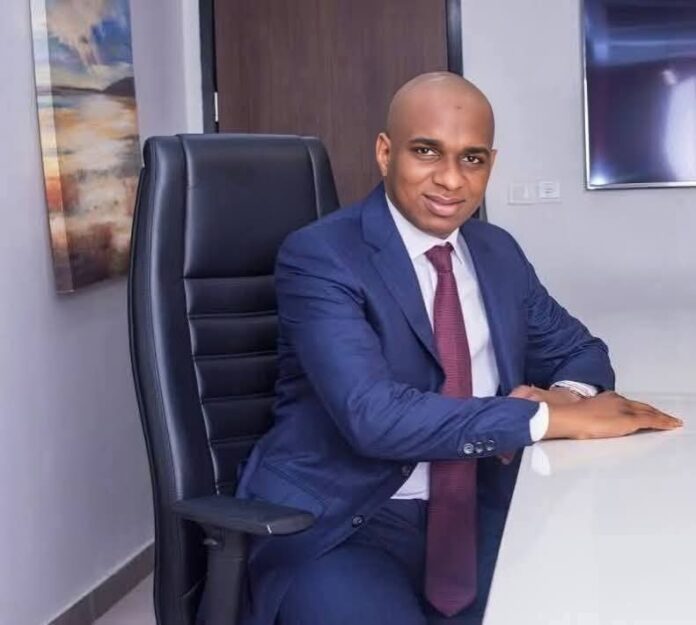By: Daure David, Political Correspondence
The recent declaration of Abdullahi Bashir Haske, a prominent businessman and son-in-law of former Vice President Atiku Abubakar, as wanted by the Economic and Financial Crimes Commission (EFCC) has ignited a firestorm of political speculation and backlash.
Haske, 38, known for his expansive interests in oil, gas, and aviation, was declared wanted over allegations of criminal conspiracy and money laundering. The EFCC has urged the public to assist in locating him, citing his last known addresses in Ikoyi and Victoria Island, Lagos.
However, critics argue that the move is part of a broader political strategy aimed at weakening Atiku Abubakar, a perennial presidential contender and vocal opposition figure. Political analysts suggest that the EFCC’s actions may be less about financial crimes and more about dismantling Atiku’s support network.
Observers trace this pattern back to the administration of Muhammadu Buhari, who allegedly sought to neutralize Atiku’s influence by closing off business opportunities and financial channels. That legacy, some claim, has been inherited and intensified under President Bola Ahmed Tinubu, who is accused of weaponizing state institutions to suppress opposition financing.
“Haske is not the endgame,” said one political strategist who spoke on condition of anonymity. “He’s a pawn in a larger scheme to render Atiku financially impotent.”
Atiku’s continued political relevance, despite alleged efforts to make him “koboless,” has raised questions about his financial backing. Haske’s emergence as a young billionaire with ties to Atiku has fueled suspicions that he may be a key financier a notion that has reportedly made him a target for political operatives.
While Haske’s businesses may face turbulence, insiders warn against assuming his downfall. “He’s built a resilient empire,” said a source close to his camp. “This is not the first storm he’s weathered, and it won’t be the last.”
As the EFCC intensifies its probe, the political implications continue to ripple across Nigeria’s landscape. Whether this is a legitimate anti-corruption effort or a calculated political maneuver remains a matter of fierce debate. What is clear, however, is that the battle for Nigeria’s future is being fought not just but in boardrooms, courtrooms, and behind closed doors.







